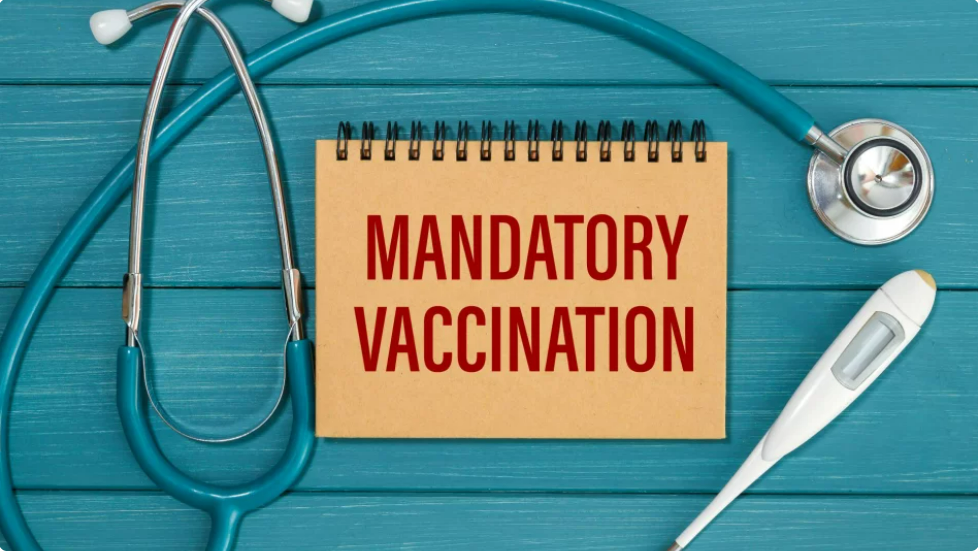
There continues to be a flurry of activity around COVID-19 vaccinations. The trend appears to focus on businesses creating their own clarity by avoiding the complexity of competing options and compliance with public health orders by mandating vaccinations and the provision of vaccination status. The application of the mandate has been mixed. It ranges from targeted for certain areas or a comprehensive workplace application dependent on their individual risk assessments.
See below a brief summary of the ‘news breakers’ which may assist helping you make this significant judgement call for your business.
Recent cases
Tasmania and Victoria will soon find out if they will follow the NSW the Supreme Court decisions in Kassam and Henry which confirmed the validity of NSW public health orders. Last week the Tasmanian Supreme Court refused to grant an injunction against the implementation of Tasmania’s Health Direction which required the mandatory vaccination of health workers. The injunction decision has since been appealed. In any event the case is on for full hearing this Thursday. Victoria’s Supreme Court has already conducted a similar hearing to determine whether Victoria’s public health orders were a breach of the state’s Charter of Human Rights. A decision has yet to be handed down. We will keep you updated with the progress of both matters.
The Tasmanian State Service has already publicly indicated it will commence steps to progress to termination for any workers who have now not complied with the 31 October vaccination deadline. Queensland’s State Service has followed suit in relation to their health orders as well.
The Queensland Police Union failed to convince the QIRC Full Bench that the Police Commissioner failed to consult them, consistent with the WHS Act, regarding the imposition of mandatory vaccinations. Significantly, the Full Bench found a solid body of evidence showing consultation with all 5 Unions and staff. The Full Bench also helpfully confirmed that a lawful and reasonable direction did not of itself become a term or condition of employment and accordingly, once reasonable, was not contrary to the employment contract.
The MUA has just commenced legal action in FWC against stevedore DP World in relation to its alleged failure to consult with 22 employee sacked for not acceding to its COVID-19 vaccine mandate. The MUA claim the action was “heavy handed” given 97% of the workforce is already vaccinated. The matter is listed for conciliation at this stage.
In Jessica Watson v National Jet Systems Ltd [2021] FWC 6182 (22 October 2021) FWC found that QANTAS’ mask mandate constituted a lawful and reasonable direction in the context of the travel industry’s response to COVID-19. QANTAS was able to demonstrate its clearly documented exemption process provided the employee with a range of options which she had unreasonably failed to take before she resigned. We consider that this is a good judicial signal that the greater the extent of an exemption process the more ‘reasonable’ the overall policy or direction will be.
DP Dean, who created headlines for her minority decision in the FWC Kimber decision, has excluded herself on the grounds of bias from hearing vaccination related disputes following intervention from FWC President Ross.
A NSW employer was ordered to pay over $830K in workers compensation death benefits and funeral costs due to a COVID-19 related hospitalisation and death during a work trip to New York. The evidence suggested the employee contracted the virus either when he was boarding the plane in Sydney, when he passed through customs in San Francisco, or when he first arrived in New York (i.e. during work travel time). Significantly the decision also notes that employee was reluctant to wear masks, which may have increased risk of exposure. Such an outcome reinforces the need to continue to manage your workplace with a COVID-19 safety plan regardless of whether vaccination is mandated or not. Workers Compensation is a ‘no fault’ jurisdiction.
Pathway to compulsory vaccinations?
To determine and implement compulsory vaccinations, we recommend you:
(a) Do an updated COVID-19 Risk Assessment – COVID-19 is a known risk that must be managed like any other risk in your business. Retainer clients can access a template link to a Risk Assessment Tool.
(b) Consider a Voluntary Employee Survey – commence early consultation by finding out what your workers ‘really think’. Retainer clients can access a template link to a Survey Tool.
(c) Prepare a Policy – draft a policy to expressly state your business’ position whether it be encouragement, mandatory across some or all of your workplace. Retainer clients can access a template link to a Mandatory Policy. We will shortly provide you with additional guidance on what happens in the event of a breach and some guidelines on what is required to provide sufficient evidence of vaccine status and what constitutes exceptional circumstances;
(d) Consult – share your draft policy, risk assessment information, survey results and provide FAQs and other suitable information regarding COVID-19 through multiple channels and document all meetings on the topic. Comply with any industrial instrument obligations on consultation if applicable – which may require the involvement of Unions and other representatives. To ensure that you comply with WHS Act obligations to consult, cooperate and coordinate with relevant duty holders be prepared take on feedback and don’t be afraid to review and recalibrate based on good information you were unaware of or didn’t think of.
All templates should be tailored to suit your organisation’s specific circumstances. Stay tuned and be prepared to adjust. We can all expect further changes once the borders fully open up.
Edge Legal
Relationships. Respect. Results
Sign up for our 'Tips & Trends' Articles
You will get short, relevant articles on topical areas with actionable steps and real commentary
We care about the protection of your data. Read our Privacy Policy.